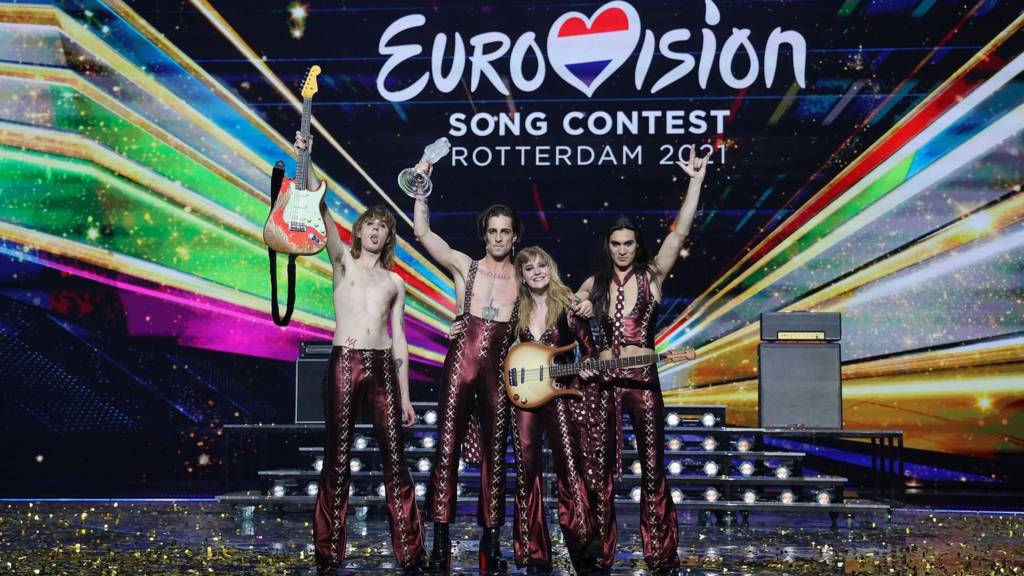What makes a Eurovision winner?
I’ll be honest, I’m not a Eurovision fan. But even if you’re like me, you can’t have failed to see the news that the UK was thoroughly humiliated at this year’s contest, coming dead last with the dreaded nul points. Cue lots of discussions about how Europe hates us, they haven’t forgiven us for Brexit and we should simply pull out of Eurovision altogether. In all of this, there’s often little discussion about where we keep going wrong. I want to dig into the topic today, exploring what makes a Eurovision winner, and ask what the UK should do if it actually wants to win again.
Before 2000, the UK’s record in Eurovision is really very good. We won five times, most recently in 1997, and achieved 15 second-place finishes. We only finished outside of the top ten on three occasions – usually, the UK was a stalwart presence. Since 2000, the stats are less happy reading. We’ve only reached the top ten twice (in 2002 and 2009), and not even cracked the top 20 on 11 occasions. We’ve come last five times, twice – Jemini in 2003 with a famously bad off-key performance, and James Newman this year – with nul points.
Much though many of our commentators refuse to admit it, our entry this year simply wasn’t very good. Newman may be a talented songwriter, but his performance was lousy and the staging was boring. As Fraser Nelsen, the editor of The Spectator, wrote: “The UK was simply outsung and outclassed by smaller countries who made more effort.” Maybe politics factored into it a little bit – some countries always vote for their neighbours – but the UK was never considered a favourite or a likely winner. On the night, Italy and France were considered the frontrunners, and it was Italy that took the crown. I’ve now watched them both – Italy’s entry is great fun, and France’s felt like a spectacle. Objectively, they both blew us out of the water.
One of the issues is complacency. The UK is one of the Big Five (along with France, Germany, Italy and Spain) who are automatically prequalified for the final each year, and our entry is often chosen by the BBC – often in a depressing talent show full of people you often wouldn’t choose to headline a country fair. There’s simply no enthusiasm about Eurovision. We see it almost as a sideshow, something that hardly matters, and then we get frustrated when our half-arsed entries don’t win.
It’s hard to believe that we’re taking it seriously when the best the UK can do is bring in random people from the street, or resurrect Engelbert Humperdinck
According to my partner, who is Spanish, the situation in Europe couldn’t be more different. She tells me that representing your country at Eurovision is considered an honour – talent is vetted, and they send their A-list stars. In Sweden, there’s a competition called Melodifestivalen that puts its contestants through the wringer, with even big-name performers often failing to qualify. And yet, it works – their songs are always favourites, and they’ve won seven times. It’s hard to believe that we’re taking it seriously when the best the UK can do is bring in random people from the street, or resurrect Engelbert Humperdinck.
The solution, then, seems to be quite obvious – we need to try and understand the contest, and actually put some effort in. The last time we arguably bothered was in 2009, sending some who’d actually been chosen by the public vote along with a song written by Sir Andrew Lloyd-Webber and Diane Warren – we were rewarded for it, finishing in fifth. When there’s that sense of momentum going in, you always have a better shot of winning. Then, we need to put our catchy pop boots on – with a few exceptions, every winner has been a catchy and fun ballad which felt as if it belonged on a big stage. I looked at a list of past winners writing this article, and I can still remember songs like Loreen’s ‘Euphoria’ (2012) and Måns Zelmerlöw’s ‘Heroes’ (2015). Try as I might, I cannot recall James Newman’s ‘Embers’, and I last listened to it about twenty minutes ago.
I wrote a similar article in 2018 after our entry that year, SuRie, came 24th (of 26) – little did I realise that a few places off bottom would be a veritable high. I noted that the UK produces world-popular music, and yet we don’t bring any of that flair or excitement to Eurovision. Trying to win a popular song contest with no-name acts and boring songs is simply not going to work. Instead of grumbling about it, if we actually want to win, we need to engage with the spirit of the competition and put on the kind of show that can.
(Image: BBC/WikiCommons)

Comments